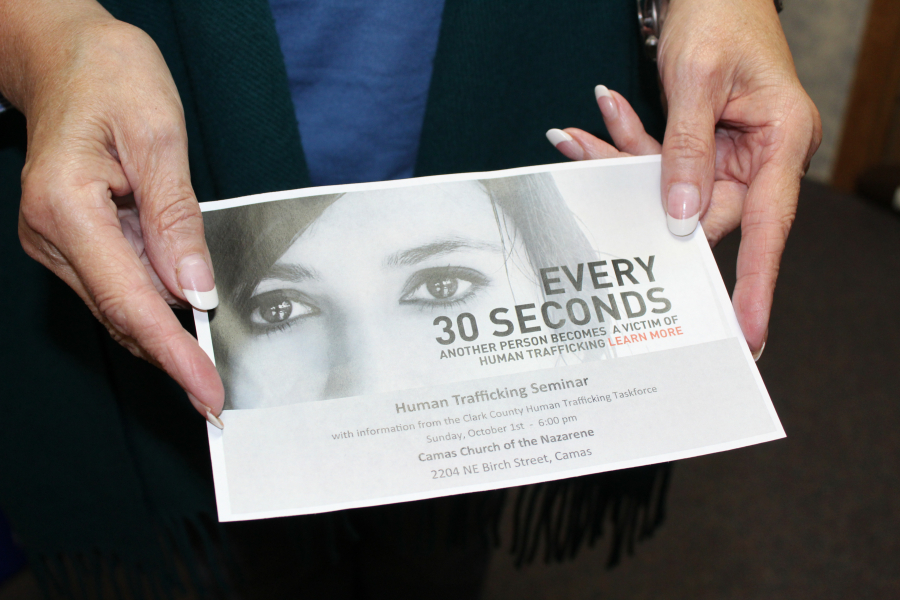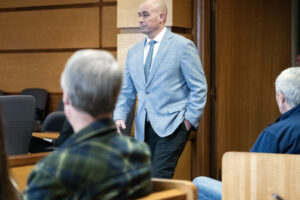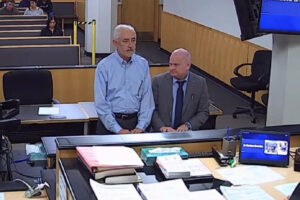Towns like Camas and Washougal — and the children who live here — are probably not the first thing people think about when they hear the startling statistics related to human trafficking in the United States. But make no mistake, says Lesa Sims, a retired youth pastor from the Camas Church of the Nazarene, small-town Clark County is not immune from the realities of modern-day slavery.
“Many people think this isn’t our problem, that it’s not happening here, because we’re in a small town,” Sims says. “But I’m sure it is happening here. In fact, a lot of times traffickers target small towns because people aren’t as aware, they’re not looking for them here.”
What’s more, says Sims, whose church is leading an upcoming workshop to educate local residents about human trafficking, people need to ditch their stereotypes about those who fall victim to sexual and labor exploitation.
“People tend to think it’s just uneducated people or immigrants, but this can happen to anyone,” Sims says. “This happens to people who are extremely well-educated. It happens to people who are looking for a job, or moving.”
And, Sims says, although there are definitely more high-risk categories for potential sex trafficking victims — including youth in the foster care system and teen runaways — it is not uncommon to hear about children from “good homes” falling prey to human traffickers.




